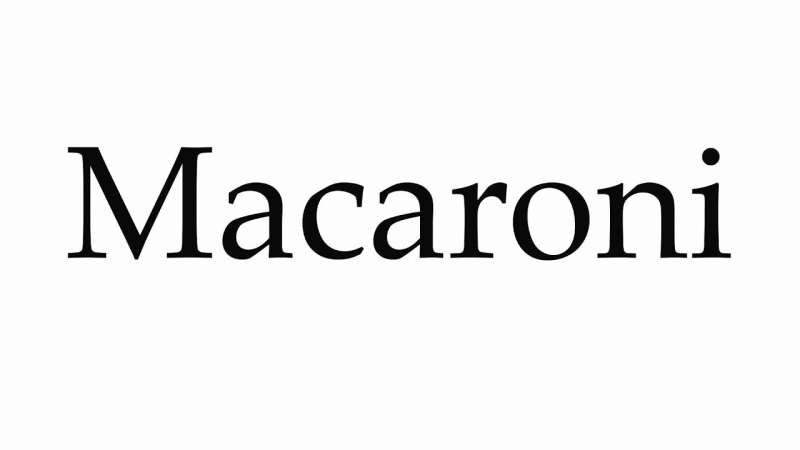Macaronic

A combination of languages is utilized in macaronic language, especially in bilingual puns or other instances where the languages are employed in the same context (rather than simply discrete segments of a text being in different languages). Effectively, hybrid words are "internally macaronic". Using more than one language or dialect during a same discourse is known as code-switching in spoken language. In specifically, macaronic Latin is a muddled jargon made up of terms from the vernacular that have been given Latin ends or Latin phrases that have been pastiche-style combined with words from the vernacular (compare dog Latin).
The New Latin macaronicus, which is derived from the Italian maccarone, is where the name macaronic originates ("dumpling," regarded as coarse peasant fare). When languages are combined with a comedic or satirical aim or effect, the term is typically disparaging and is employed, however it is occasionally used to refer to more serious mixed-language writing. Tisi degli Odassi created the form in the late 15th century, and Teofilo Folengo, a dissolute Benedictine monk who used Latin form and syntax with an Italian vocabulary in his satirical chivalric epic Baldus, popularized it (1517; Le maccheronee, 1927–28). He referred to the macaronic as the literary counterpart of the Italian cuisine, which was a basic concoction of wheat, butter, and cheese in the 16th century.







